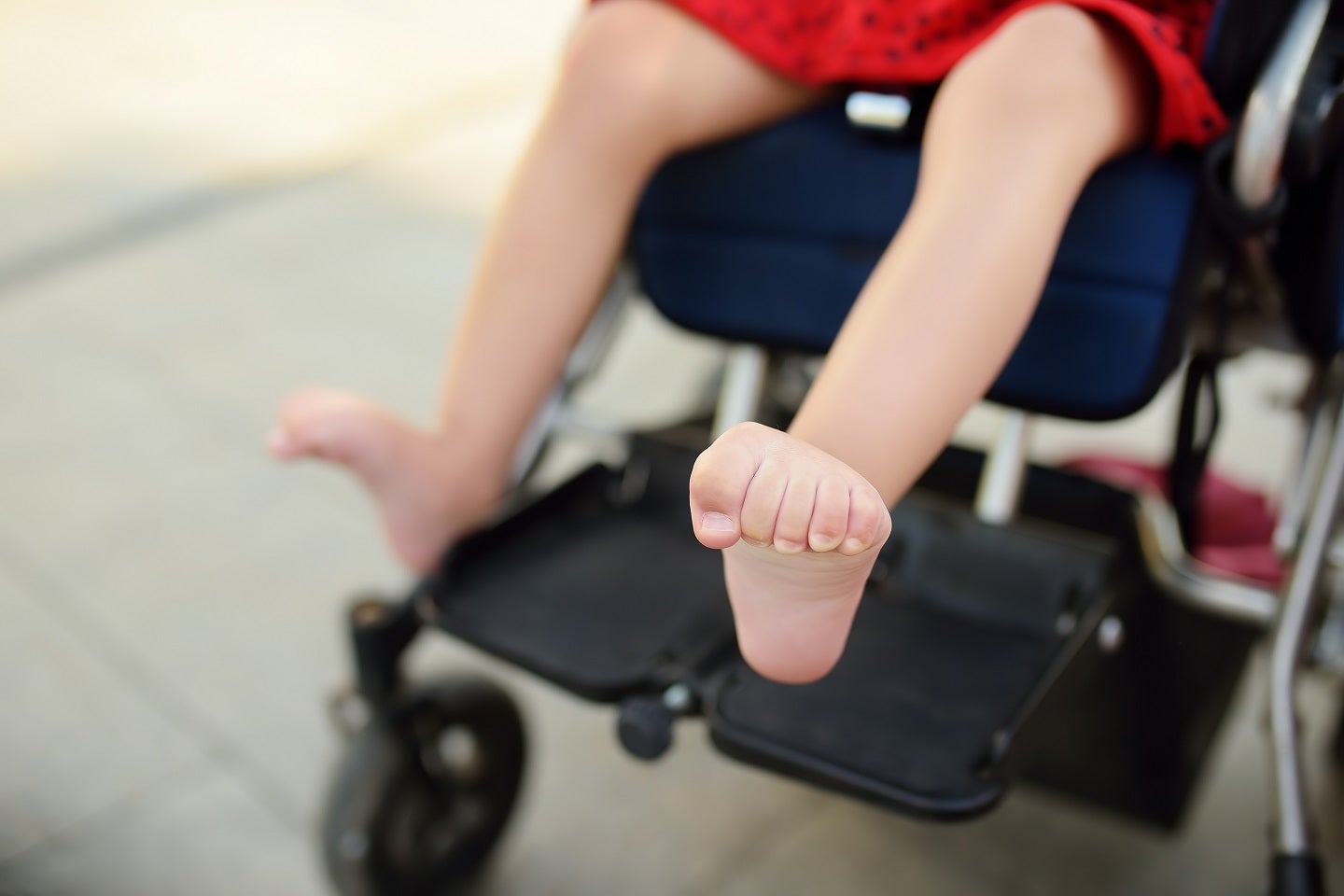
Neurotech International has received approval from the Human Research Ethics Committee (HREC) and clearance from the Therapeutic Goods Administration (TGA) to begin a Phase I/II clinical trial of NTI164 for the treatment of cerebral palsy (CP).
The study will investigate the efficacy and safety of NTI164 in paediatric patients with spastic CP, the most prevalent form of CP.

Discover B2B Marketing That Performs
Combine business intelligence and editorial excellence to reach engaged professionals across 36 leading media platforms.
CP is the primary cause of childhood disability.
NTI164 is a drug formulation derived from a cannabis strain with low THC (M<0.3%) and a combination of cannabinoids, including CBDA, CBDP, CBC, CBDB and CBN.
The planned trial will be a single-arm, open-label study recruiting up to 14 paediatric patients with a clinical diagnosis of Gross Motor Function Classification System (GMFCS) severity of 2-3, non-ambulant patients with Spastic CP.
It aims to assess the impact of NTI164 over a 12-week treatment period.

US Tariffs are shifting - will you react or anticipate?
Don’t let policy changes catch you off guard. Stay proactive with real-time data and expert analysis.
By GlobalDataPatients for the trial will be enrolled at Monash Medical Centre, with the primary endpoint being the Caregiver Priorities and Child Health Index of Life with Disabilities (CPCHILD) Questionnaire.
Secondary endpoints will evaluate the safety and the effects of NTI164 on sleep, pain, seizure frequency, dystonia, and spasticity.
The Phase I/II trial will be registered on the Australian New Zealand Clinical Trials Registry (ANZCTR) and is expected to commence in the first half of the 2024 calendar year.
Neurotech International executive director Dr Thomas Duthy said: “We are pleased to have received HREC clearance for this important clinical trial of NTI164 in children with spastic CP. Although there are a variety of drug therapies used in the treatment of spastic CP, they are often associated with sedation, confusion, memory loss, and attention deficits.
“For first-line treatment with oral Baclofen, the actual evidence of efficacy remains somewhat subjective and not necessarily supportive of widespread use in spastic CP.
“Accordingly, we see NTI164 as potentially a breakthrough treatment as part of the clinical armamentarium to treat CP spasticity more effectively noting improvements in gross motor function, increased participation at a social level and comfort are considered important treatment goals to improve the overall quality of life of the individual.”



